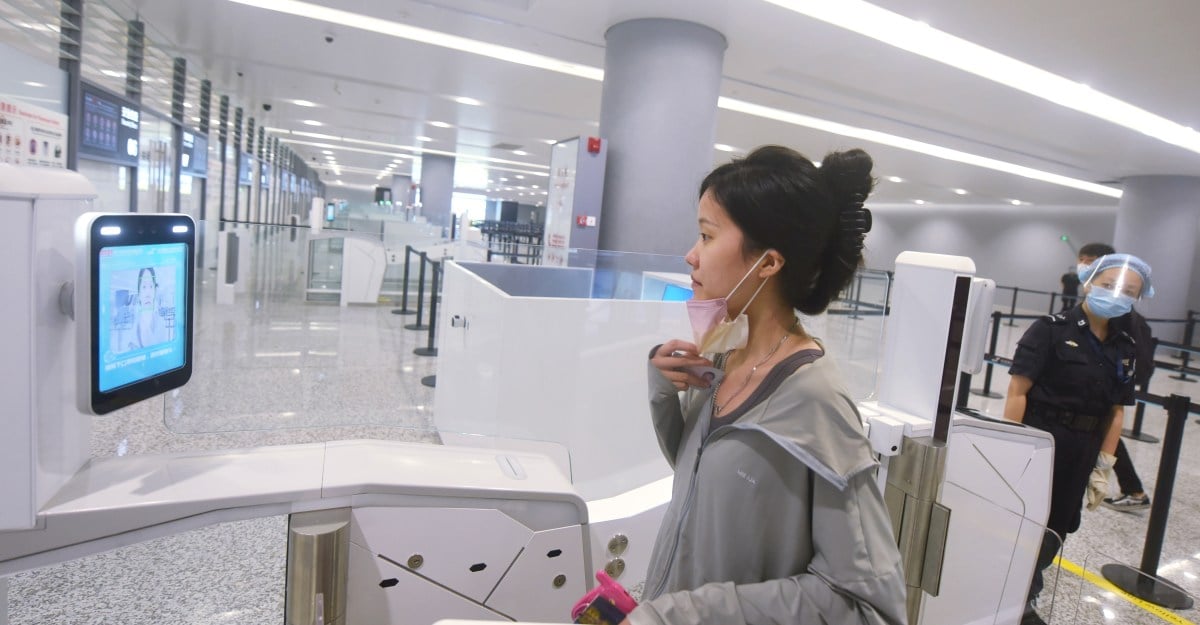- cross-posted to:
- hackernews@lemmy.smeargle.fans
- cross-posted to:
- hackernews@lemmy.smeargle.fans
- Travelers can opt out of facial recognition at US airports by requesting manual ID verification, though resistance or intimidation may occur.
- Facial recognition poses privacy risks, including potential data breaches, misidentification, and normalization of surveillance.
- The Algorithmic Justice League’s “Freedom Flyers” campaign aims to raise awareness of these issues and encourage passengers to exercise their right to opt out.



For hundreds of years women couldn’t vote and minorities were categorically segregated. Things aren’t perfect for those groups now either but those ships had sailed and it was only because some people were vocal and outraged about it. If you’re not pissed off and making a little bit of a scene about what’s happening to human rights including privacy rights you’re part of the problem. If you see somebody protesting their picture in an airport security line, don’t be one of the sheep in the line saying hurry up buddy, you’re slowing us down. Tell the people around you he’s got every right to be upset about this. A bit of awareness and resistance is a good thing.
That’s a strawman analogy. We’re not talking about privacy as a whole. The discussion here is about the supposed right to privacy at, what amounts to, a government controlled entrance point into the country. You have to identify yourself no matter which technology is being used. There’s no anonymity at an airport (from the government). Whether it’s technology or a piece of paper, you are legally required to identify yourself.
I keep saying this over and over, but if you want to talk about digital privacy, focus your energy on smartphones and the internet. The impact for privacy violation and the impact for regaining privacy rights is the most effective there.
Only a subset of any population has any interaction with an airport and the privacy implications there are next to nothing (because there is no right to anonymity there).
The more you let a government stick high resolution 3d cameras in your face and shrug it off because you’ve already lost privacy the stronger their database becomes, the more complacent you become, the more willing you become to let them do it at the train station, the post office, the crosswalk, etc. The more willing you become to put your palm on their palm reader and retina in their retina scanner when they deploy that technology. I’m not dismissing better avenues to focus efforts, I’m acknowledging the increase in surveillance and potential for abuse in the absence of any proven benefit to the people that are allegedly protected by these changes.
But they don’t need to do that track where you go and what you do. They’re already doing that with smartphones. That was my point.
And for the record, they don’t need 3D cameras for anything. A photo off of Facebook is enough. I worked in that field and developed that kind of software.